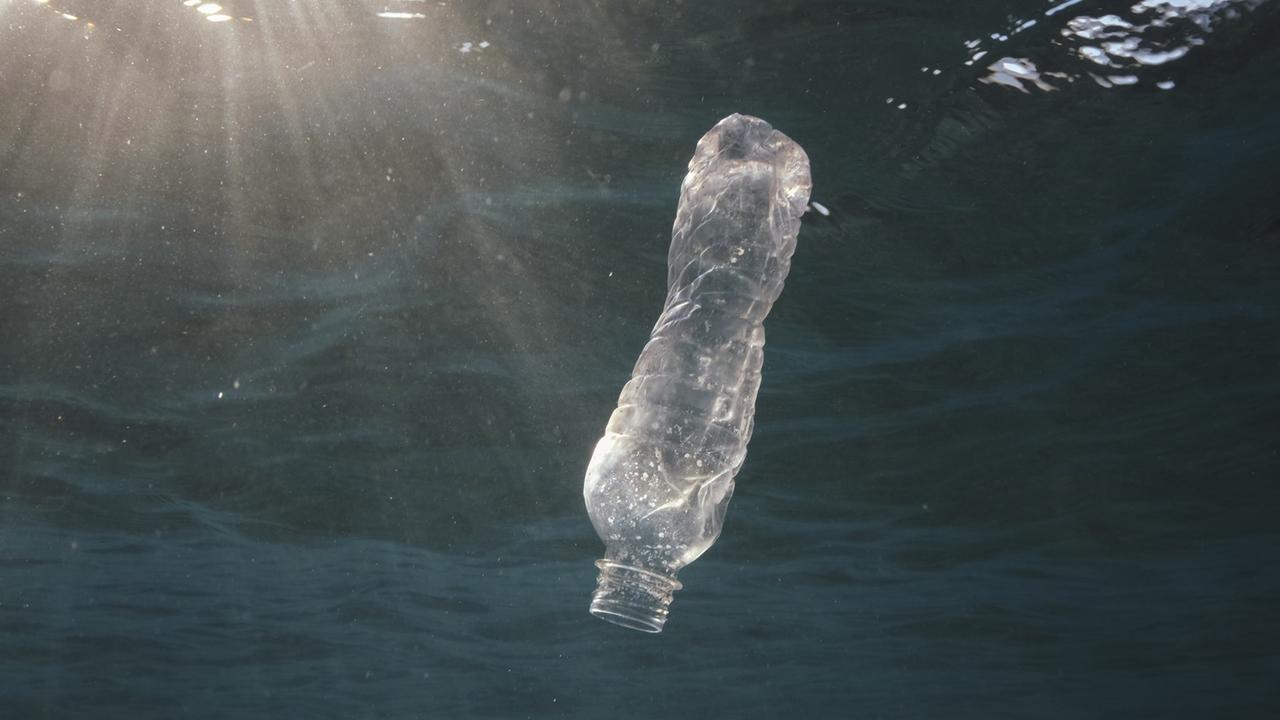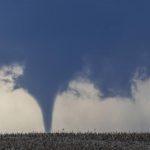Today Earth Day is celebrated in more than 175 countries. The day is intended to help pay more attention to climate protection. This year the focus is on plastic. Thailand, among others, is fighting for clean seas and beaches.
Underwater off the coast of Thailand: The fish shine colorfully. Bubbles rise to the surface. But these divers have other things in mind besides the beauty of the underwater world. A piece of string got tangled on a coral.
The diver uses a knife to cut through the plastic yarn. It's a piece of fishing net. Up above the water, environmentalist Salisa Traipipisiriwat explains that this happens often. “We constantly find discarded nets. The amateur divers collect them. Some take the rubbish to the landfill. Others count the pieces – but we don't have a real overview.”
Her goal, she tells the Reuters news agency, is to determine reliable figures. Collect the plastic waste underwater, then measure it and systematically keep records – and hobby divers should also take part.
Collect data to initiate change
Marine researcher Natchanon Kiatkajornphan from the Thai Marine Ecology Center likes the idea. “Once we discover nets, we write everything down. Date, depth, what type of net and what type of coral, whether rock or sand, it was found.”
During the diving course you will also practice how to take measurements underwater. The participants took a bag full of plastic waste out of the water. They lift it onto a scale – 16 kilos less plastic here on the beach near Phuket. A success, says activist Salisa Traipipisiriwat. “Once we have the information from the divers, different organizations can use the data to see what needs to be done. Be it through policy, legislation or whatever.”
Facts that also interest veterinarians. A large sea turtle died and was washed up on the beach. Scientists want to see why. When dissected, they find plastic in the stomach. It's fisherman's twine – a thumb-sized piece. The turtle had swallowed it.
Plastic waste is a danger to marine animals
Here at the Phuket animal rescue station they already know this, says boss Patcharaporn Kaewmong. “Waste management is a very big problem – nationally or even globally. A lot needs to be done to systematically reduce the problems that exist in nature, pollution.”
Whether in Thailand, Vietnam, Malaysia or Indonesia with the holiday paradise – there are many stories like this. Whether it's plastic bottles, straws, cups and other waste from civilization or fishing nets lost off Phuket: people's trash has become a danger to the world under water.
Angelika Henkel, ARD Singapore, tagesschau, April 21, 2024 12:45 p.m





